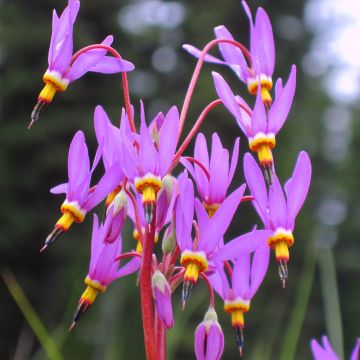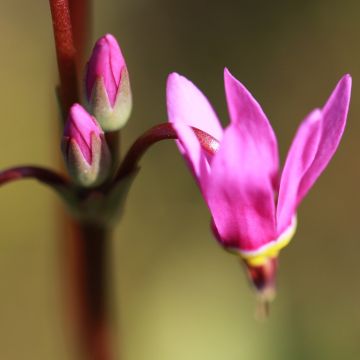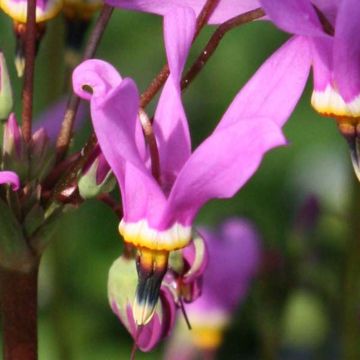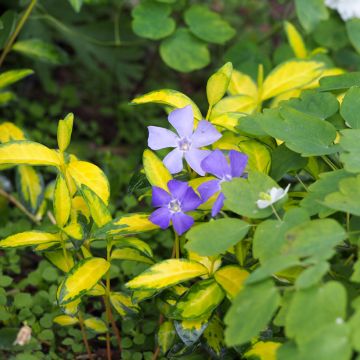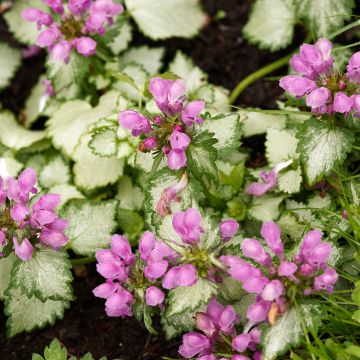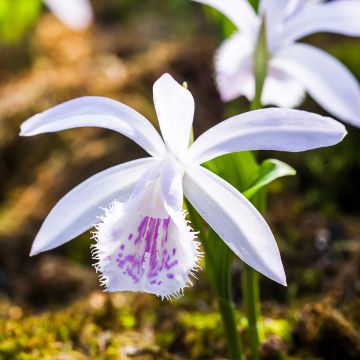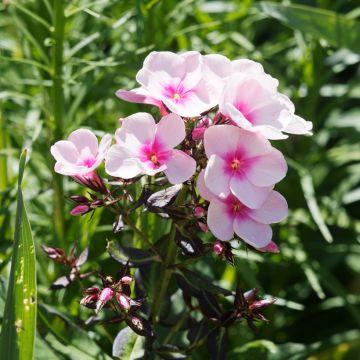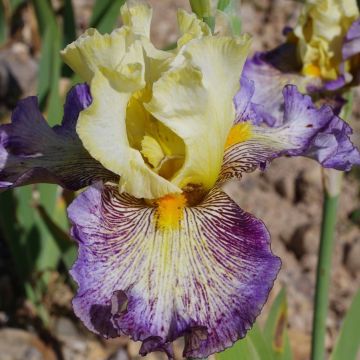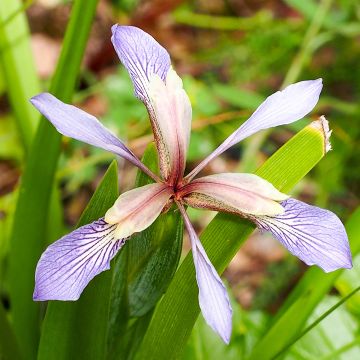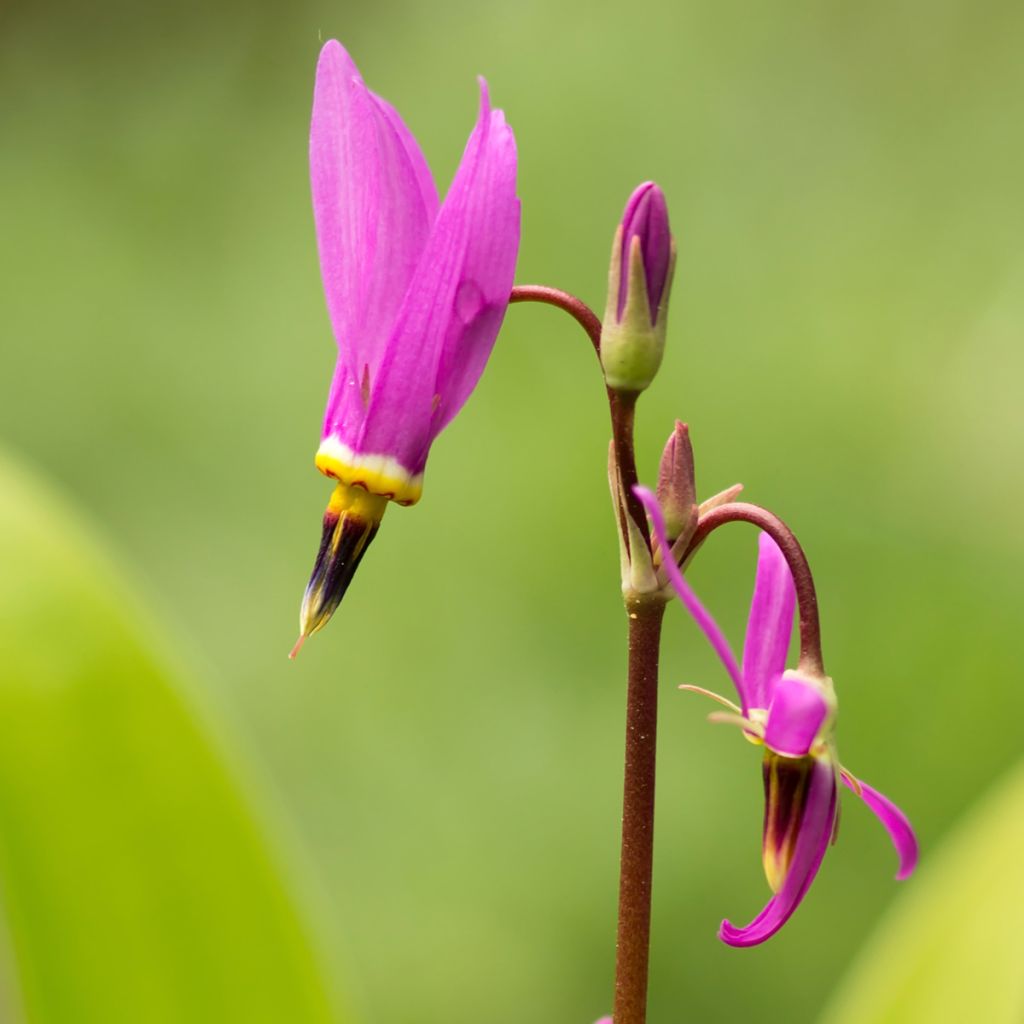

Dodecatheon meadia
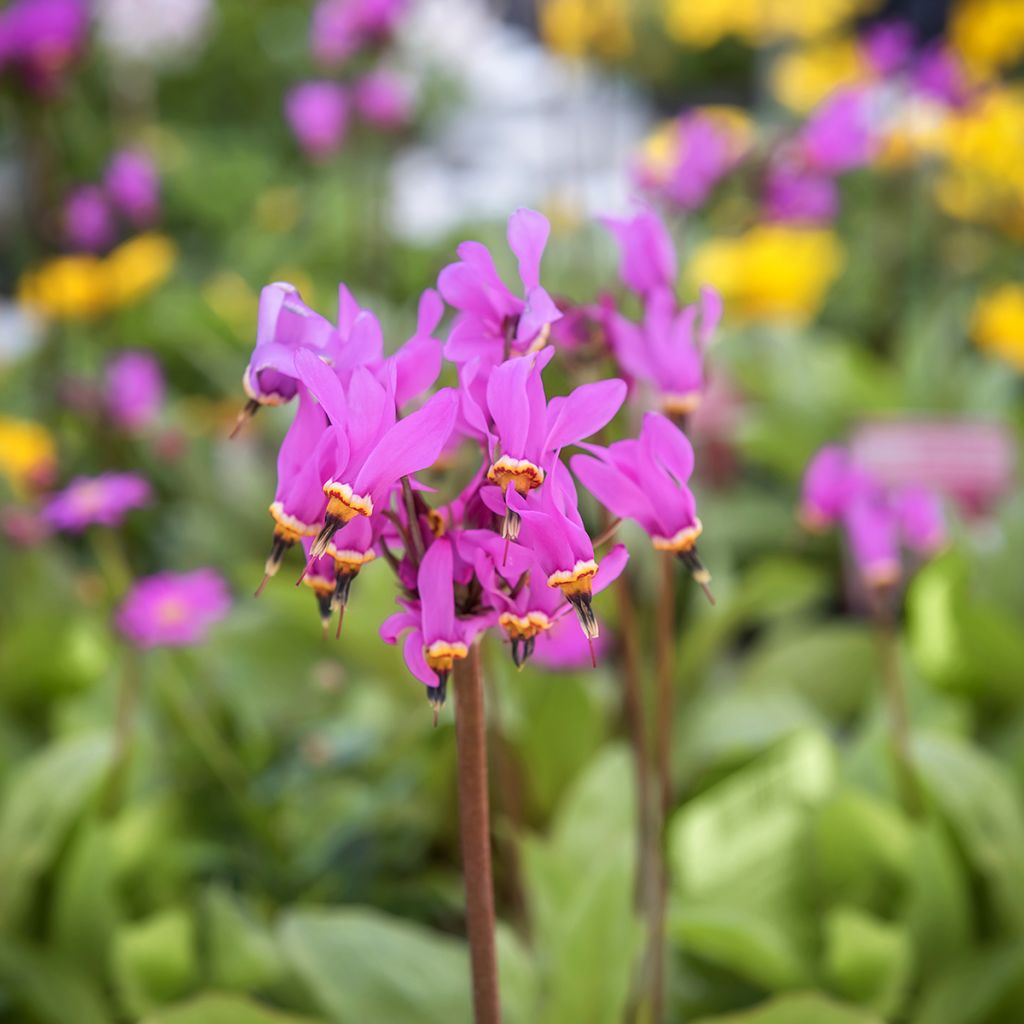

Dodecatheon meadia
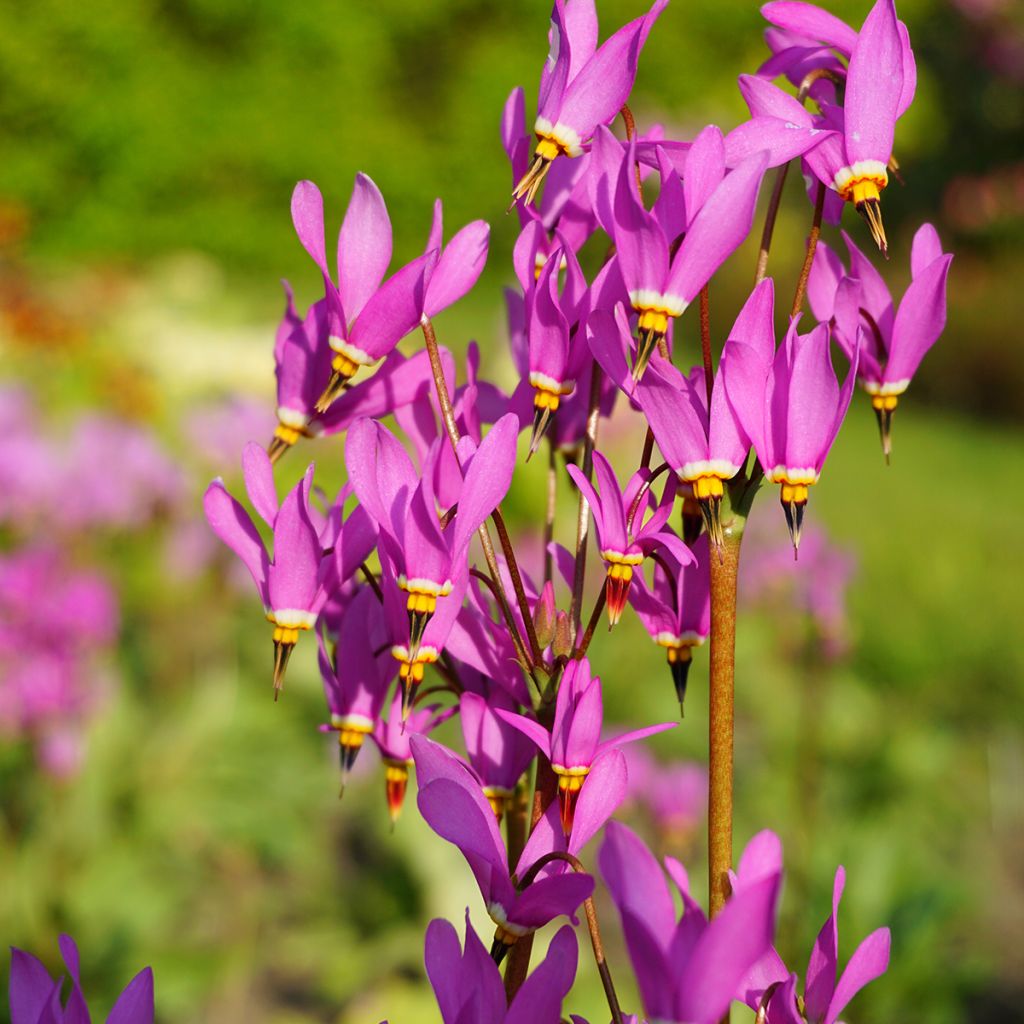

Dodecatheon meadia
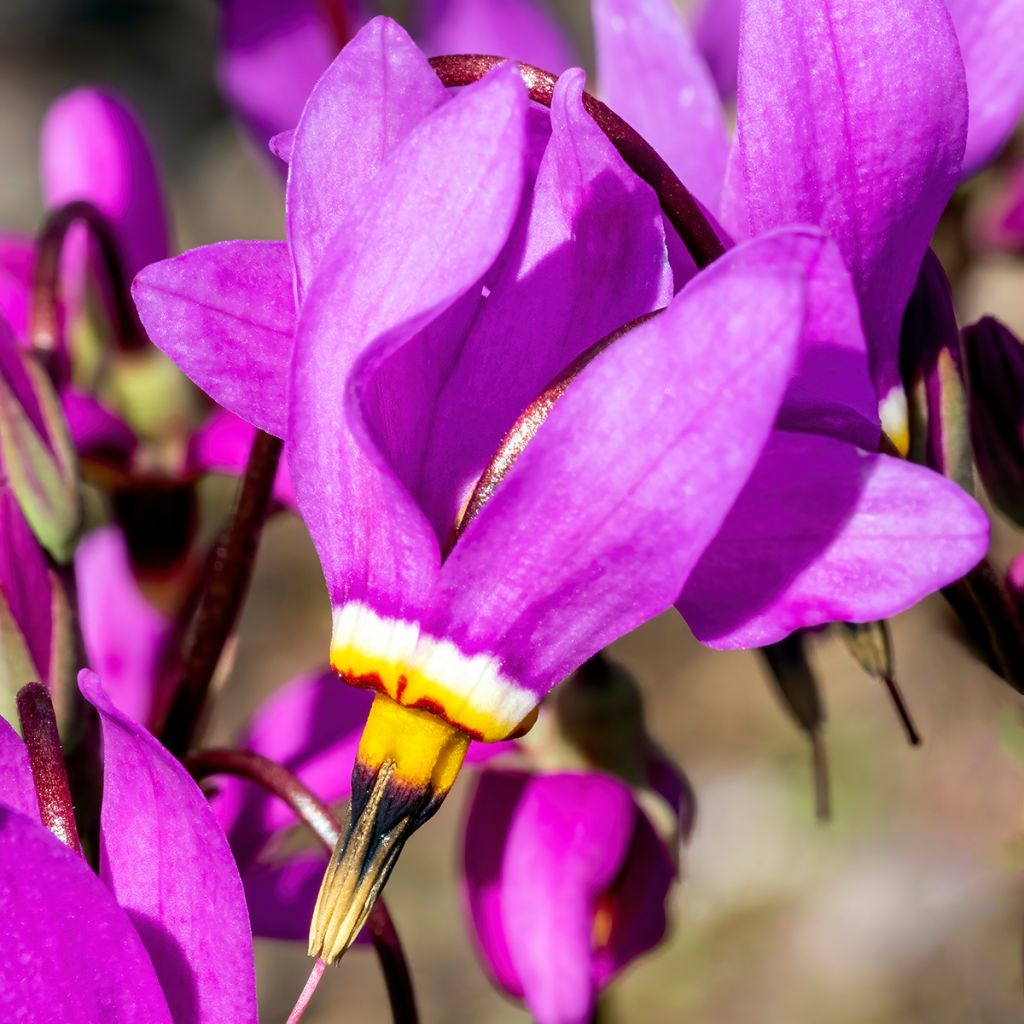

Dodecatheon meadia
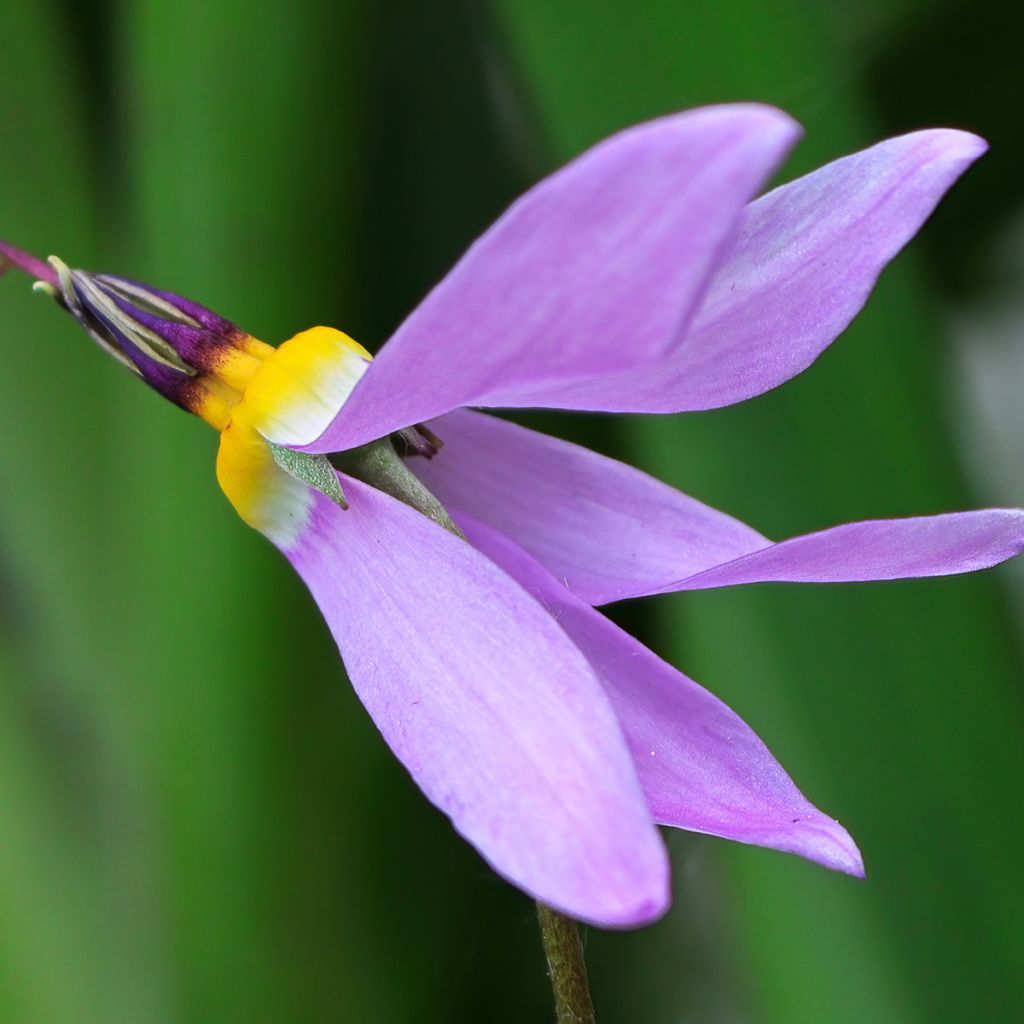

Dodecatheon meadia
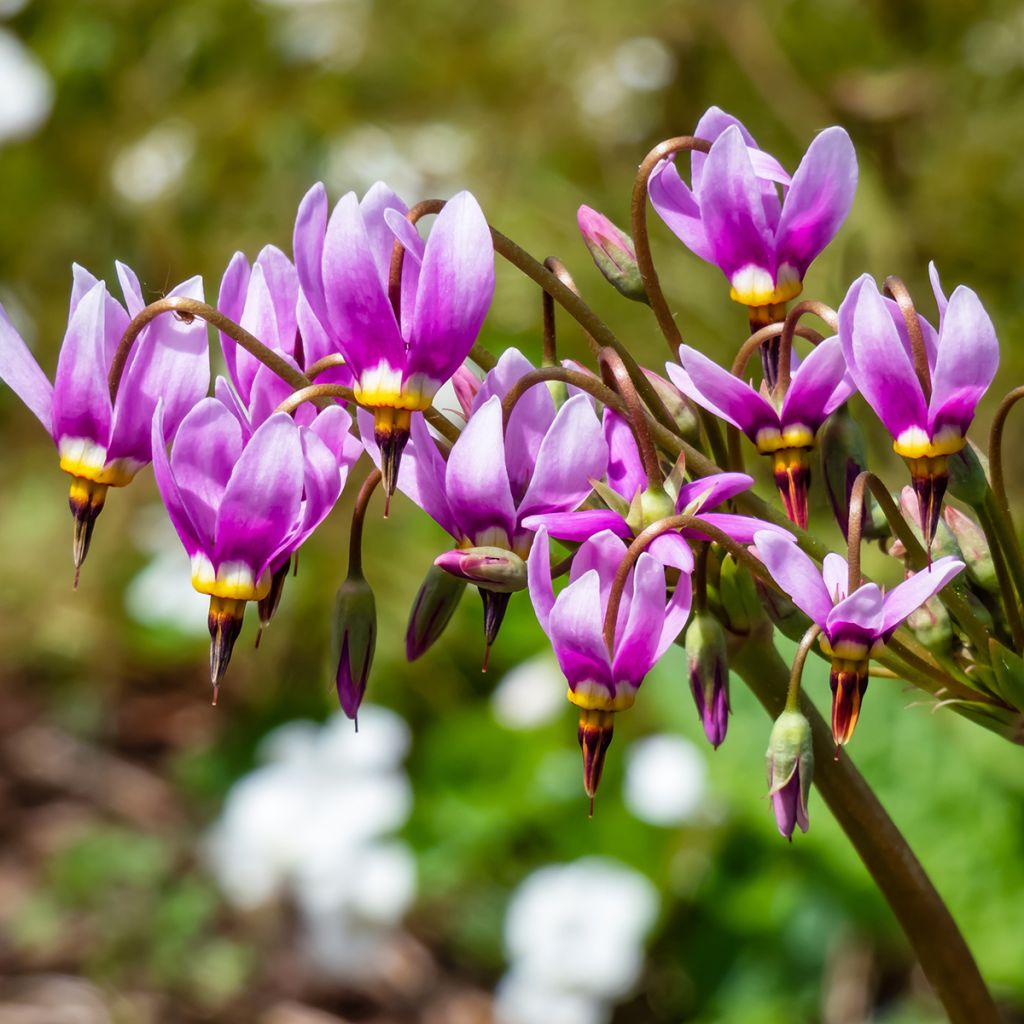

Dodecatheon meadia
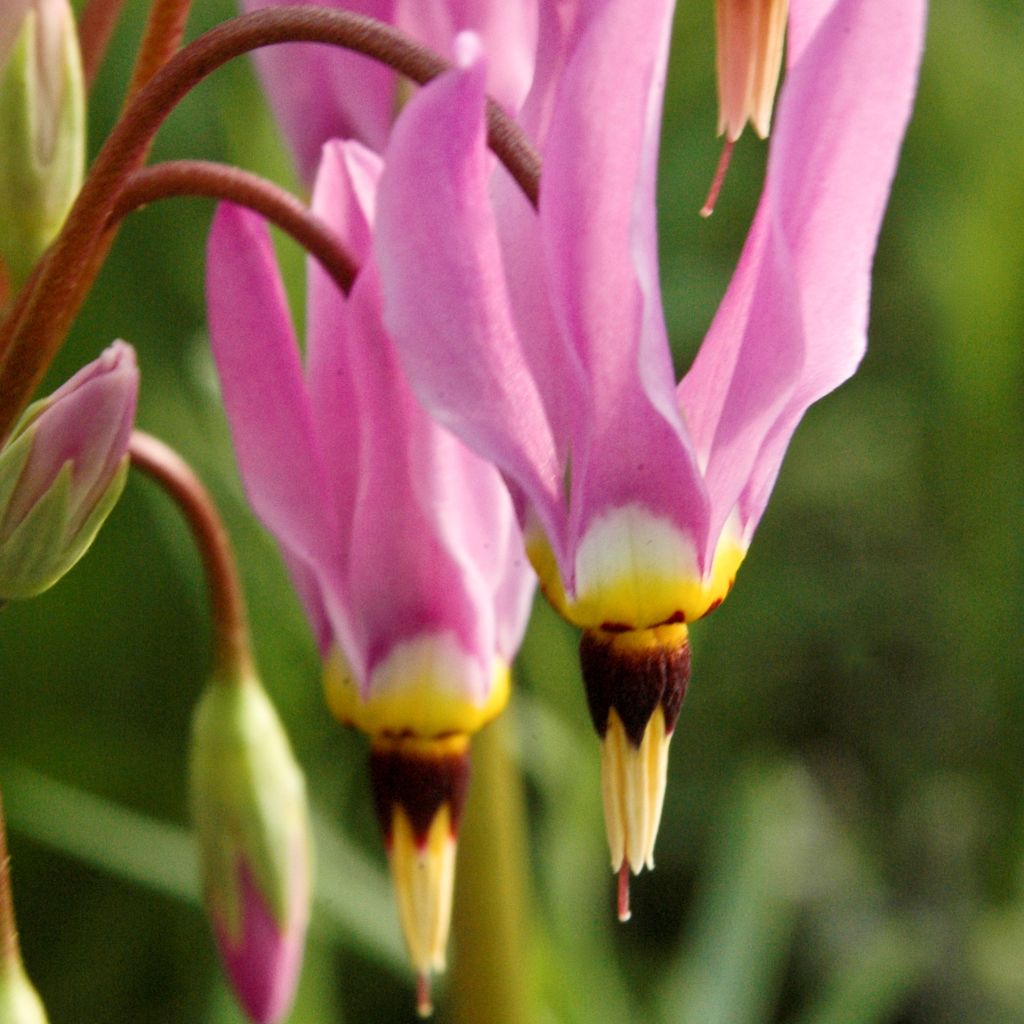

Dodecatheon meadia
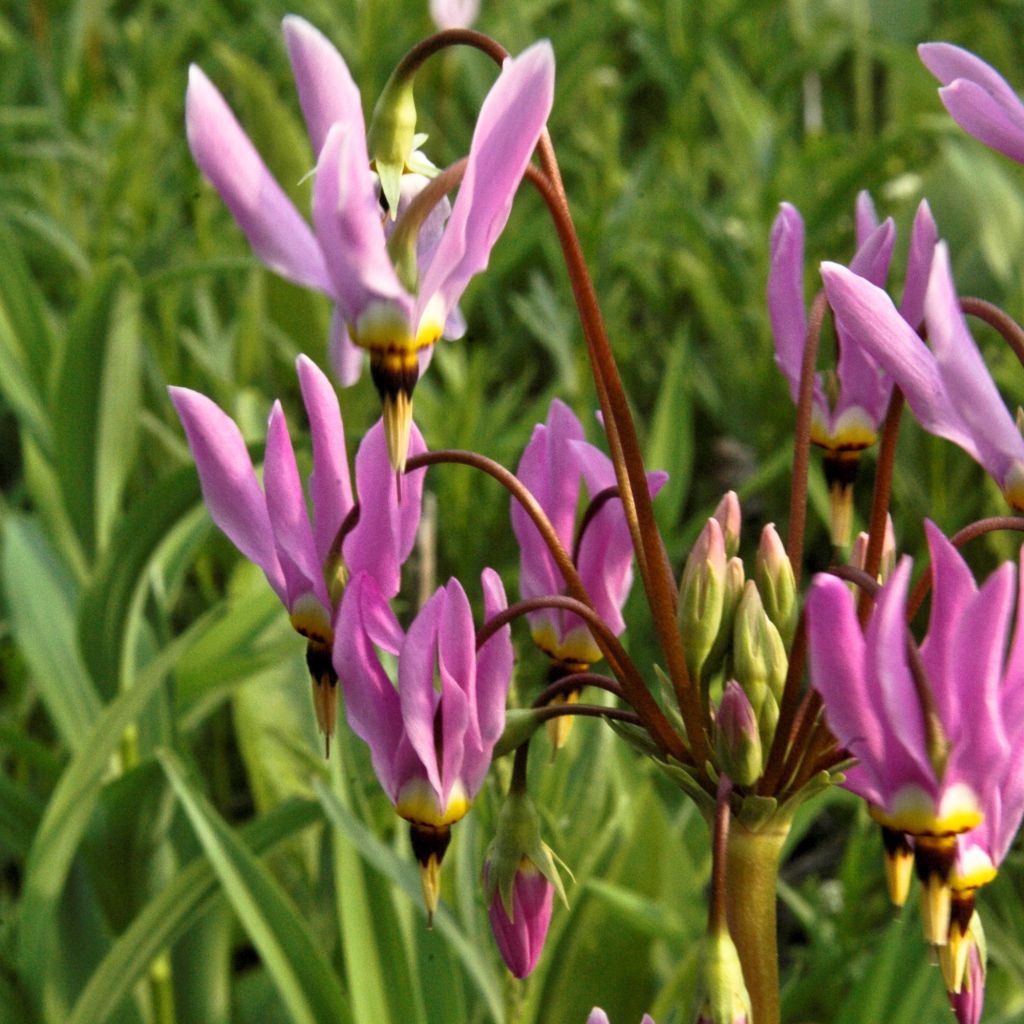

Dodecatheon meadia
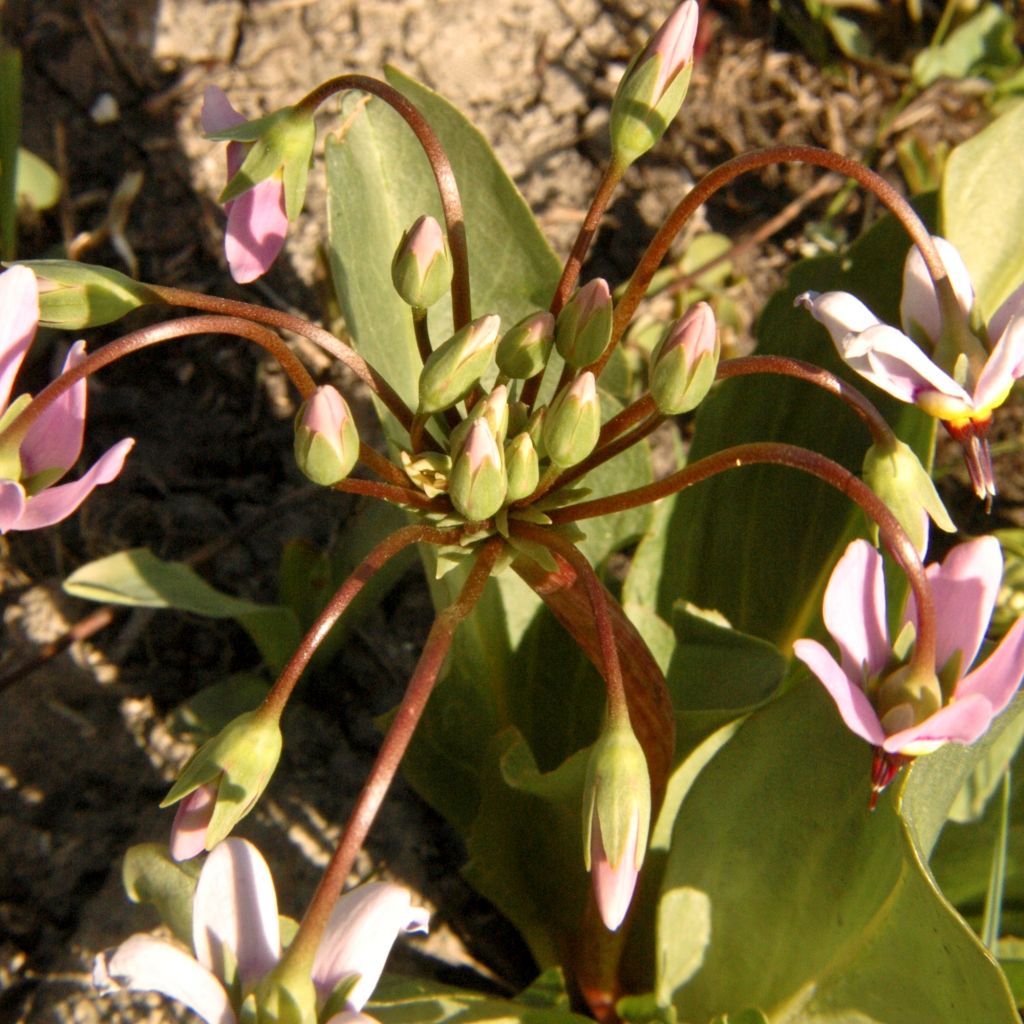

Dodecatheon meadia
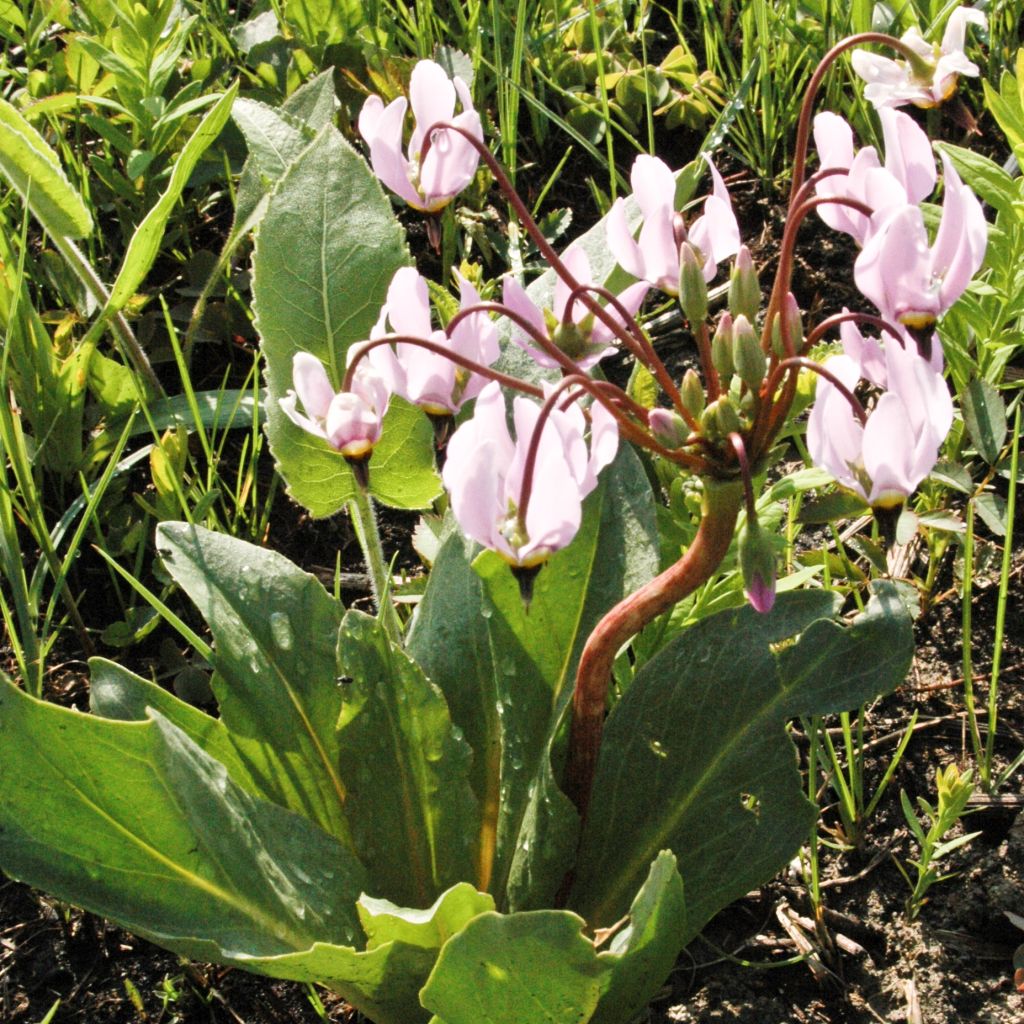

Dodecatheon meadia
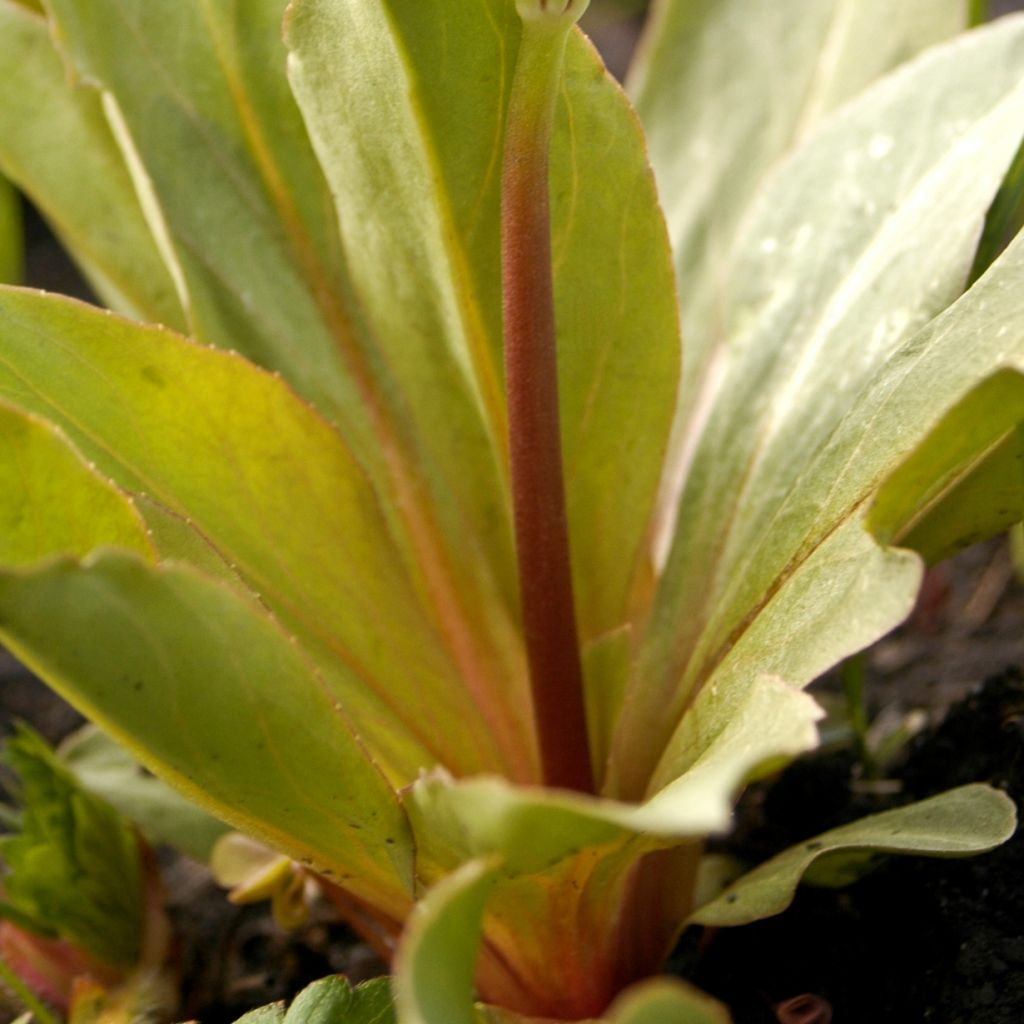

Dodecatheon meadia
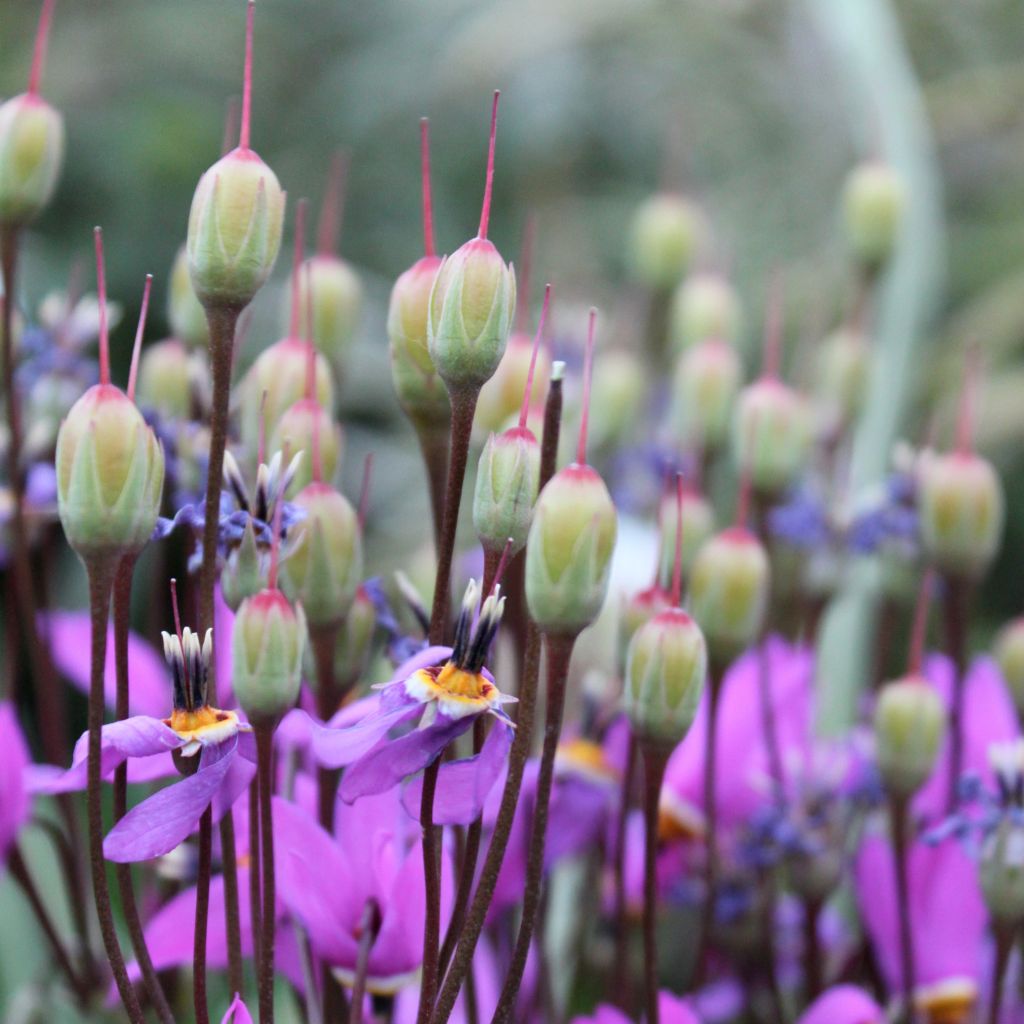

Dodecatheon meadia
Dodecatheon meadia
Dodecatheon meadia
Eastern Shooting Star, Pride of Ohio, Roosterheads
After a long wait, I finally see two little shoots! I don't get impatient, I know these plants well.
Christiane, 29/03/2021
Special offer!
Receive a €20 voucher for any order over €90 (excluding delivery costs, credit notes, and plastic-free options)!
1- Add your favorite plants to your cart.
2- Once you have reached €90, confirm your order (you can even choose the delivery date!).
3- As soon as your order is shipped, you will receive an email containing your voucher code, valid for 3 months (90 days).
Your voucher is unique and can only be used once, for any order with a minimum value of €20, excluding delivery costs.
Can be combined with other current offers, non-divisible and non-refundable.
Home or relay delivery (depending on size and destination)
Schedule delivery date,
and select date in basket
This plant carries a 12 months recovery warranty
More information
We guarantee the quality of our plants for a full growing cycle, and will replace at our expense any plant that fails to recover under normal climatic and planting conditions.


Would this plant suit my garden?
Set up your Plantfit profile →
Description
Dodecatheon meadia in bloom is a fairy-like sight, worthy of a fireworks display. This North American equivalent of European cyclamens, also known as Virginia cowslip, develops a rosette of leaves resembling primroses and bears floral stems from which gracefully hang small carmine pink to violet flowers, shaped like inverted bells, and long pedunculated. But this small perennial also stands out for its particularly short vegetative cycle and slightly delicate cultivation. It requires a humus-rich soil, consistently moist, neutral to acidic, but fertile, and a partially shaded or brightly shaded position.
Dodecatheon meadia is a perennial herbaceous plant in the family Primulaceae, native to the Eastern United States, from Pennsylvania to Texas and Louisiana. In spring, it forms a rosette of pale green leaves, oval to obovate, obtuse, with sometimes slightly dentate edges, with red tones towards the base, measuring 10 to 20cm (4 to 8in) in length. In spring, from April to June depending on the climate, floral stems 15 to 45cm (6 to 18in) long emerge from the rosettes, bearing at their tips a small bouquet of 10 to 15 carmine pink to cyclamen pink flowers, with white bases. Their petals completely turned backwards reveal prominent stamens with orange anthers. Less than three months pass between the appearance of the foliage and the onset of dormancy in summer.
Dodecatheons are little-known and underused perennials in our gardens, probably because of the brevity of their vegetative cycle and their cultural requirements. However, the spectacle of their flowering deserves an attempt to tame them in a mountain garden or in the shelter of a woodland. These plants of damp shade or alpine meadows thrive in humus-rich, non-calcareous soil under the foliage of trees. In this use, Dodecatheon meadia will accompany Astilbes, lady ferns, hostas, Rodgersias, or bleeding hearts. Since its foliage disappears early in summer, and it is preferable not to disturb it, but also not to forget that it is there, it can be associated with small ground covers, such as Chrysosplenium oppositifolium, to prevent the soil from remaining bare for a long period.
Report an error about the product description
Dodecatheon meadia in pictures
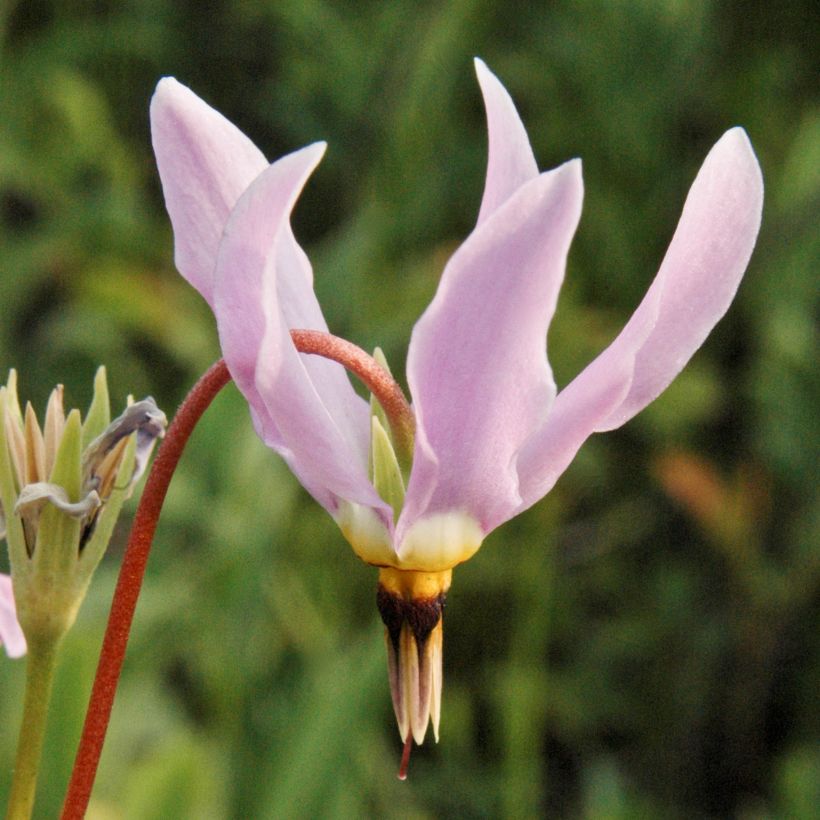

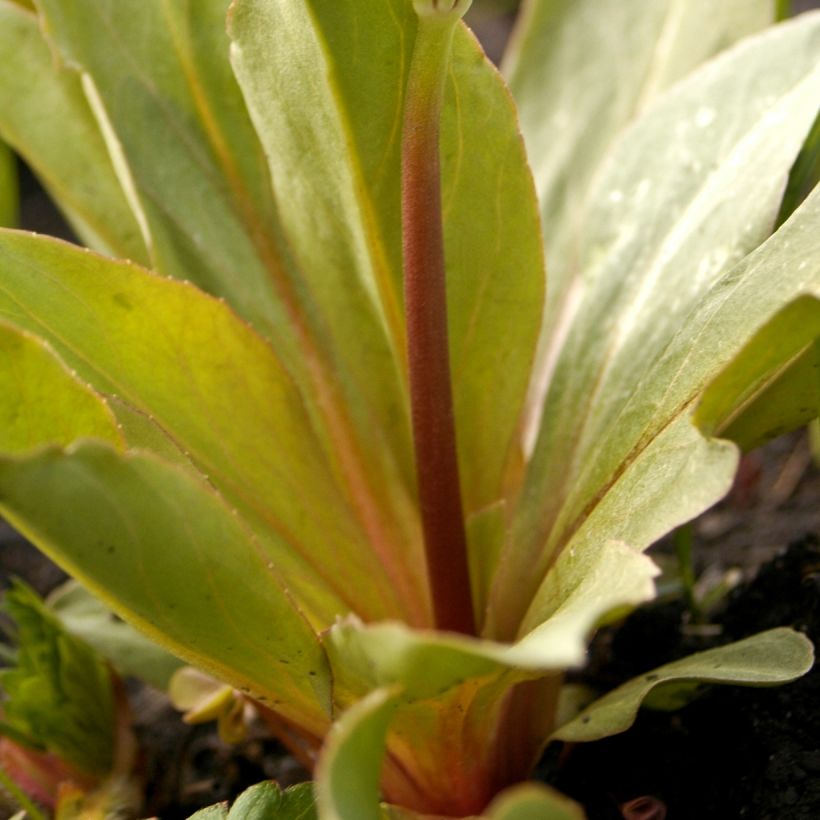

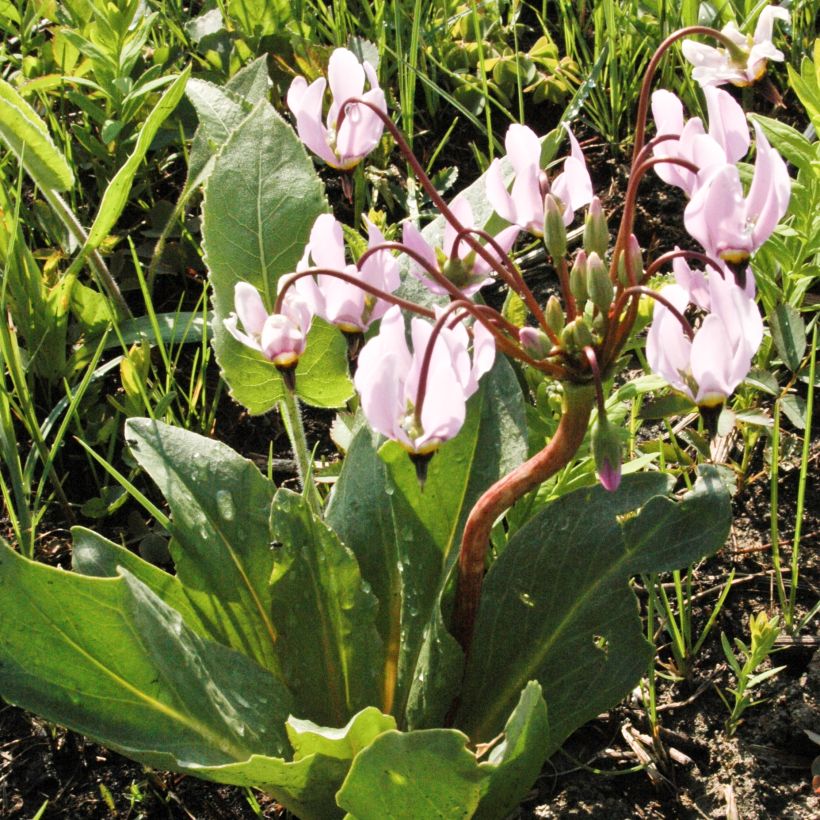

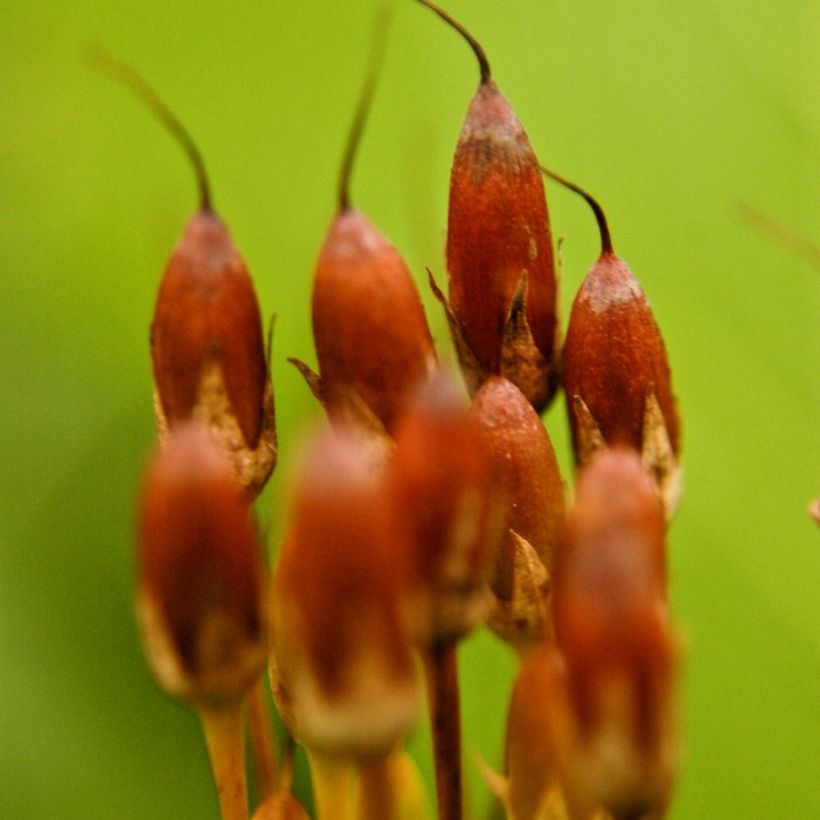

Flowering
Foliage
Plant habit
Botanical data
Dodecatheon
meadia
Primulaceae
Eastern Shooting Star, Pride of Ohio, Roosterheads
North America
Other Dodecatheon
View all →Planting and care
Planting period
Intended location
Care
-
, onOrder confirmed
Reply from on Promesse de fleurs
Similar products
Haven't found what you were looking for?
Hardiness is the lowest winter temperature a plant can endure without suffering serious damage or even dying. However, hardiness is affected by location (a sheltered area, such as a patio), protection (winter cover) and soil type (hardiness is improved by well-drained soil).

Photo Sharing Terms & Conditions
In order to encourage gardeners to interact and share their experiences, Promesse de fleurs offers various media enabling content to be uploaded onto its Site - in particular via the ‘Photo sharing’ module.
The User agrees to refrain from:
- Posting any content that is illegal, prejudicial, insulting, racist, inciteful to hatred, revisionist, contrary to public decency, that infringes on privacy or on the privacy rights of third parties, in particular the publicity rights of persons and goods, intellectual property rights, or the right to privacy.
- Submitting content on behalf of a third party;
- Impersonate the identity of a third party and/or publish any personal information about a third party;
In general, the User undertakes to refrain from any unethical behaviour.
All Content (in particular text, comments, files, images, photos, videos, creative works, etc.), which may be subject to property or intellectual property rights, image or other private rights, shall remain the property of the User, subject to the limited rights granted by the terms of the licence granted by Promesse de fleurs as stated below. Users are at liberty to publish or not to publish such Content on the Site, notably via the ‘Photo Sharing’ facility, and accept that this Content shall be made public and freely accessible, notably on the Internet.
Users further acknowledge, undertake to have ,and guarantee that they hold all necessary rights and permissions to publish such material on the Site, in particular with regard to the legislation in force pertaining to any privacy, property, intellectual property, image, or contractual rights, or rights of any other nature. By publishing such Content on the Site, Users acknowledge accepting full liability as publishers of the Content within the meaning of the law, and grant Promesse de fleurs, free of charge, an inclusive, worldwide licence for the said Content for the entire duration of its publication, including all reproduction, representation, up/downloading, displaying, performing, transmission, and storage rights.
Users also grant permission for their name to be linked to the Content and accept that this link may not always be made available.
By engaging in posting material, Users consent to their Content becoming automatically accessible on the Internet, in particular on other sites and/or blogs and/or web pages of the Promesse de fleurs site, including in particular social pages and the Promesse de fleurs catalogue.
Users may secure the removal of entrusted content free of charge by issuing a simple request via our contact form.
The flowering period indicated on our website applies to countries and regions located in USDA zone 8 (France, the United Kingdom, Ireland, the Netherlands, etc.)
It will vary according to where you live:
- In zones 9 to 10 (Italy, Spain, Greece, etc.), flowering will occur about 2 to 4 weeks earlier.
- In zones 6 to 7 (Germany, Poland, Slovenia, and lower mountainous regions), flowering will be delayed by 2 to 3 weeks.
- In zone 5 (Central Europe, Scandinavia), blooming will be delayed by 3 to 5 weeks.
In temperate climates, pruning of spring-flowering shrubs (forsythia, spireas, etc.) should be done just after flowering.
Pruning of summer-flowering shrubs (Indian Lilac, Perovskia, etc.) can be done in winter or spring.
In cold regions as well as with frost-sensitive plants, avoid pruning too early when severe frosts may still occur.
The planting period indicated on our website applies to countries and regions located in USDA zone 8 (France, United Kingdom, Ireland, Netherlands).
It will vary according to where you live:
- In Mediterranean zones (Marseille, Madrid, Milan, etc.), autumn and winter are the best planting periods.
- In continental zones (Strasbourg, Munich, Vienna, etc.), delay planting by 2 to 3 weeks in spring and bring it forward by 2 to 4 weeks in autumn.
- In mountainous regions (the Alps, Pyrenees, Carpathians, etc.), it is best to plant in late spring (May-June) or late summer (August-September).
The harvesting period indicated on our website applies to countries and regions in USDA zone 8 (France, England, Ireland, the Netherlands).
In colder areas (Scandinavia, Poland, Austria...) fruit and vegetable harvests are likely to be delayed by 3-4 weeks.
In warmer areas (Italy, Spain, Greece, etc.), harvesting will probably take place earlier, depending on weather conditions.
The sowing periods indicated on our website apply to countries and regions within USDA Zone 8 (France, UK, Ireland, Netherlands).
In colder areas (Scandinavia, Poland, Austria...), delay any outdoor sowing by 3-4 weeks, or sow under glass.
In warmer climes (Italy, Spain, Greece, etc.), bring outdoor sowing forward by a few weeks.






























